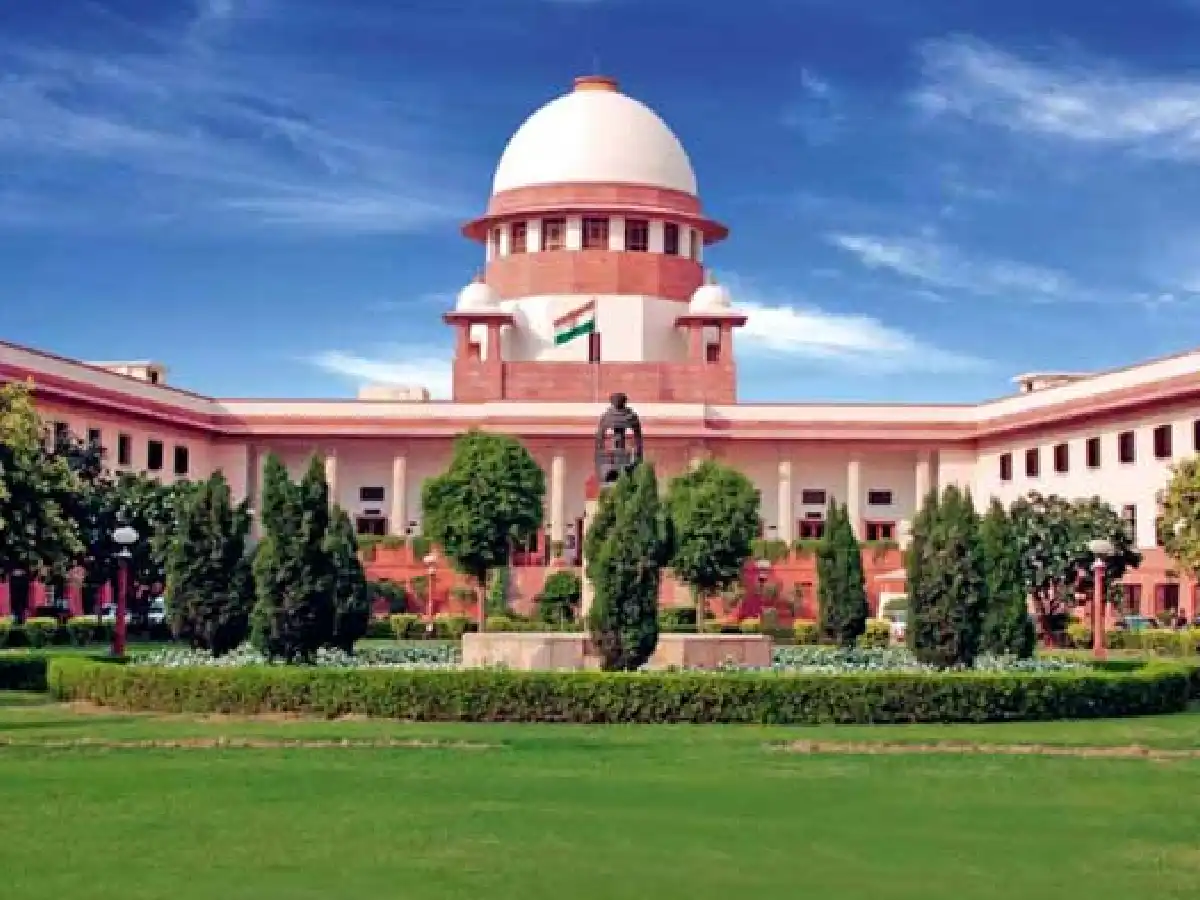On Wednesday, the Supreme Court called for the Chief Secretaries of the Punjab and Haryana governments to explain why no legal action had been taken against stubble burning in the states. Supreme Court called upon the Chief Secretaries of the Punjab and Haryana states on Wednesday for their failure to comply with the guidelines issued by the Commission for Air Quality Management (CAQM).
A panel led by Justice Abhay S Oka inquired why Punjab and Haryana were hesitant to take legal action against those responsible for stubble burning and why they were only imposing minimal fines.
The panel led by Justice Oka commented that you have not brought charges against any individual in the past three years. Just a small fine has been levied. Why no actions have been taken in relation to this matter.
CAQM is a mandated organization responsible for creating a plan to reduce air pollution in Delhi-NCR. Supreme Court was reviewing a public interest litigation (PIL) concerning the regulation of air pollution in the capital city. The CAQM recently gave authority to district magistrates of Punjab, Haryana, and NCR regions of Uttar Pradesh and Rajasthan to take legal action against officials who break rules on stubble burning.
In the previous session, the highest court had expressed concerns about imposing small fines on farmers who burn paddy stubble. Observing that no legal action was taken for burning rice straw.
The CAQM was scolded by the Supreme Court for failing to follow through with its orders. The Supreme Court previously mentioned that the CAQM should be more proactive in addressing air pollution in the national capital and nearby regions.
Established in 2020, CAQM was created to manage air quality in the National Capital Region (NCR) and surrounding areas, with the goal of improving coordination, conducting research, and solving issues related to the air quality index. Annually, Delhi and the whole NCR suffer from air pollution during October to December, primarily because of crop residue burning.

